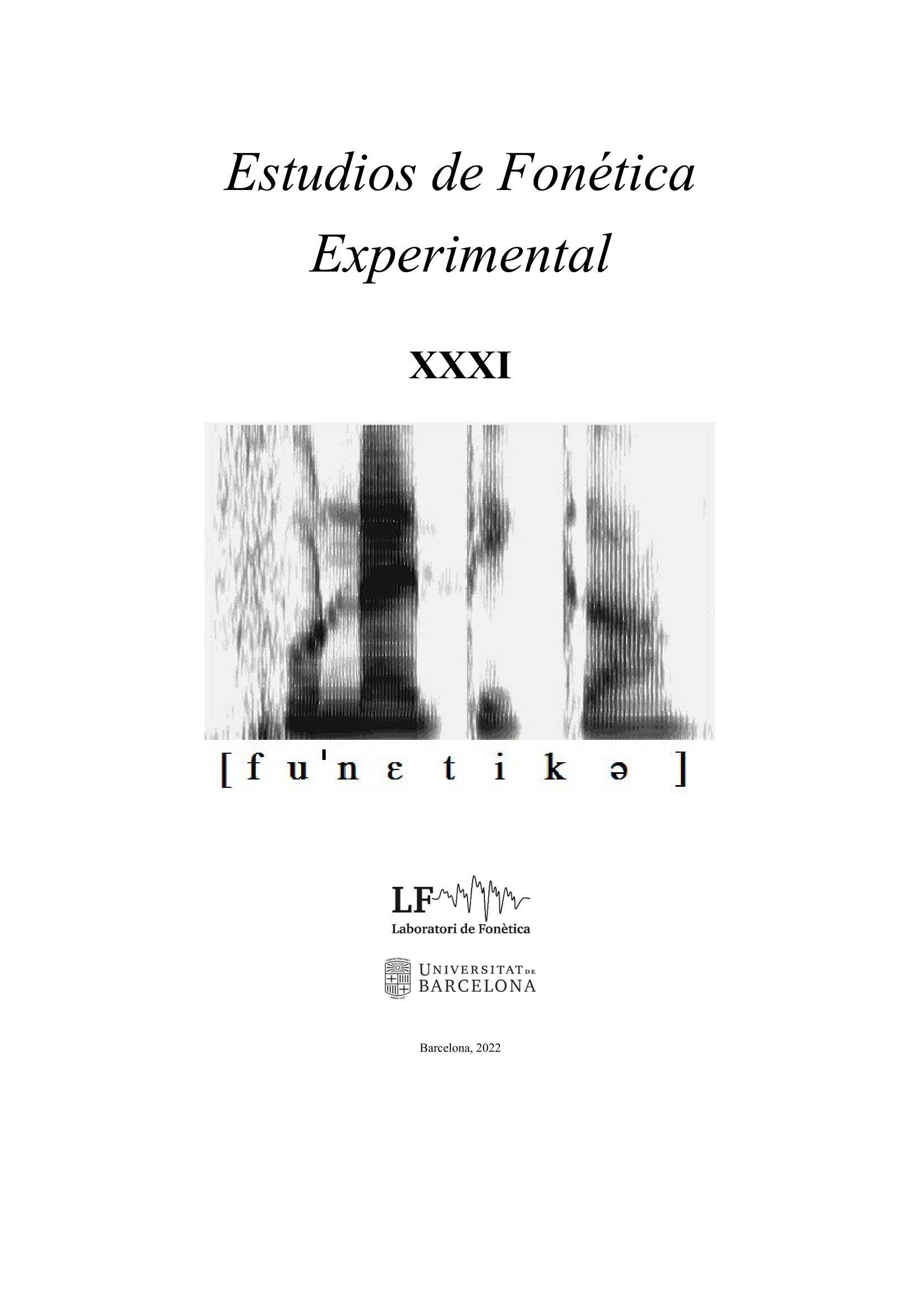Review of “Carrera-Sabaté, J., López García, P., & Bach-Marquès, J. (Coord.) (2021). Nous horitzons del mètode verbotonal: Millorar la pronúncia holísticament. Graó”.
DOI:
https://doi.org/10.1344/efe-2022-31-177-179Abstract
This review presents Nous horitzons del mètode verbotonal, a volume coordinated by Carrera-Sabaté, López García, and Bach-Marquès. The book is divided into two sections: the first outlines the theoretical foundations of the verbotonal method, while the second showcases its practical applications in language learning and speech therapy. Contributions explore key elements such as optimal frequency ranges, the role of tension and body involvement in articulation, and the use of rhythm and intonation in teaching. Several case studies highlight the method’s effectiveness in improving pronunciation in Catalan and Spanish as second languages, especially among children and multilingual learners. The volume also discusses the integration of new technologies and individualized approaches. Overall, the collected works confirm the continued relevance and adaptability of the verbotonal method in both educational and clinical contexts.
Downloads
Published
How to Cite
Issue
Section
License
Copyright (c) 2022 Lourdes Romera Barrios

This work is licensed under a Creative Commons Attribution-NonCommercial-NoDerivatives 4.0 International License.
All articles published online by Estudios de Fonética Experimental are licensed under Creative Commons Attribution-NonCommercial-NoDerivs 4.0 International (CC BY-NC-ND 4.0 DEED), unless otherwise noted. Estudios de Fonética Experimental is an open access journal. Estudios de Fonética Experimental is hosted by RCUB (Revistes Científiques de la Universitat de Barcelona), powered by Open Journal Systems (OJS) software. The copyright is not transferred to the journal: authors hold the copyright and publishing rights without restrictions. The author is free to use and distribute pre and post-prints versions of his/her article. However, preprint versions are regarded as a work-in-progress version used as internal communication with the authors, and we prefer to share postprint versions.




